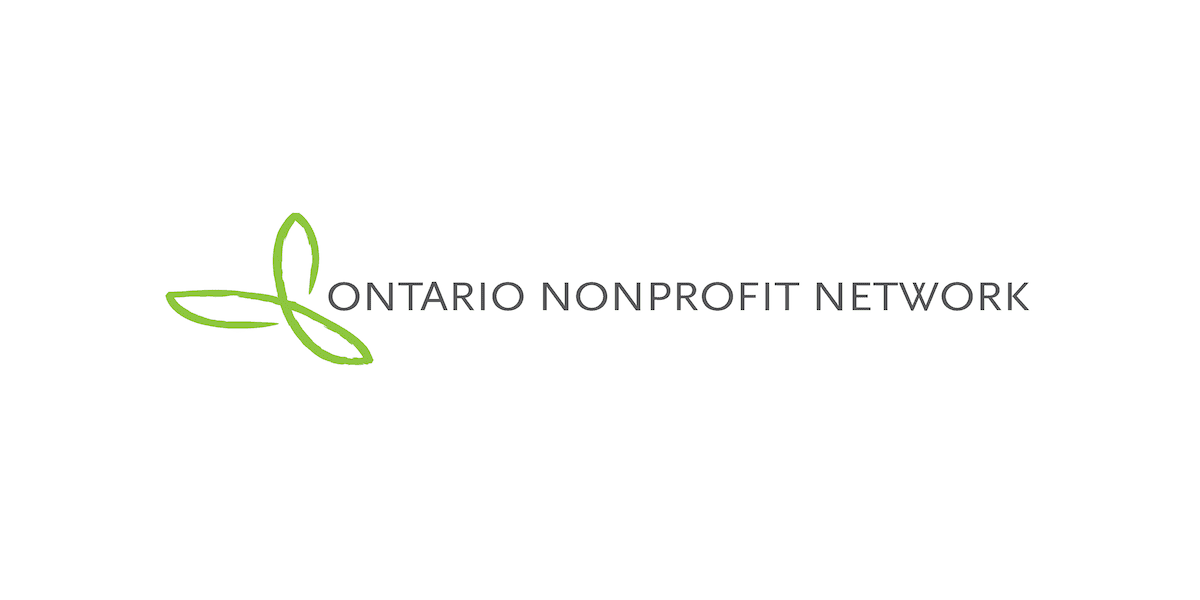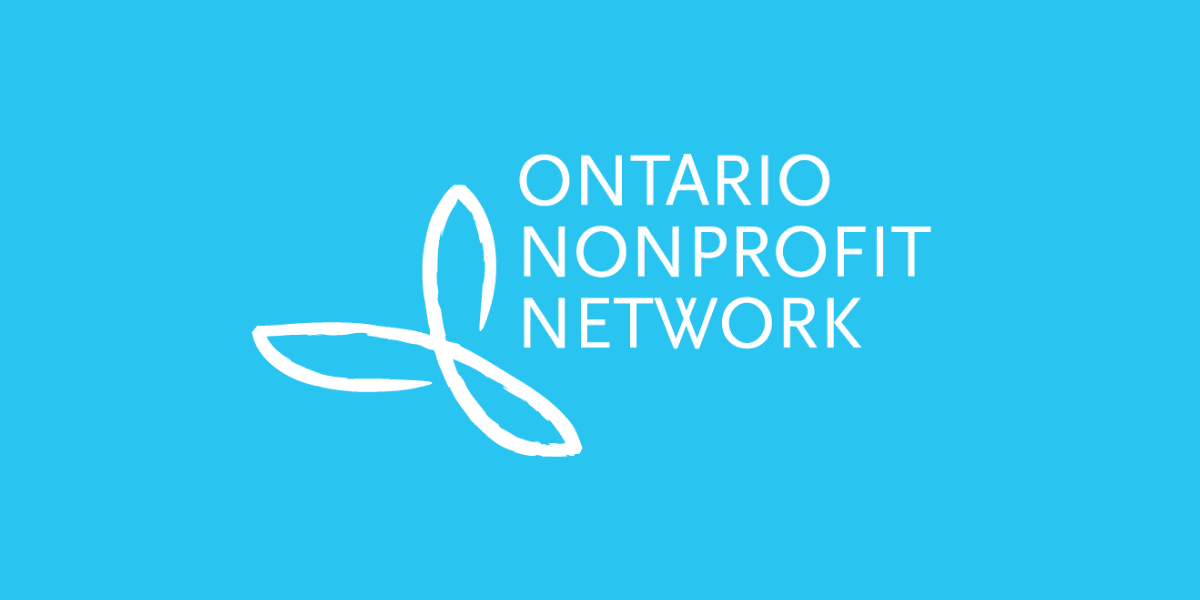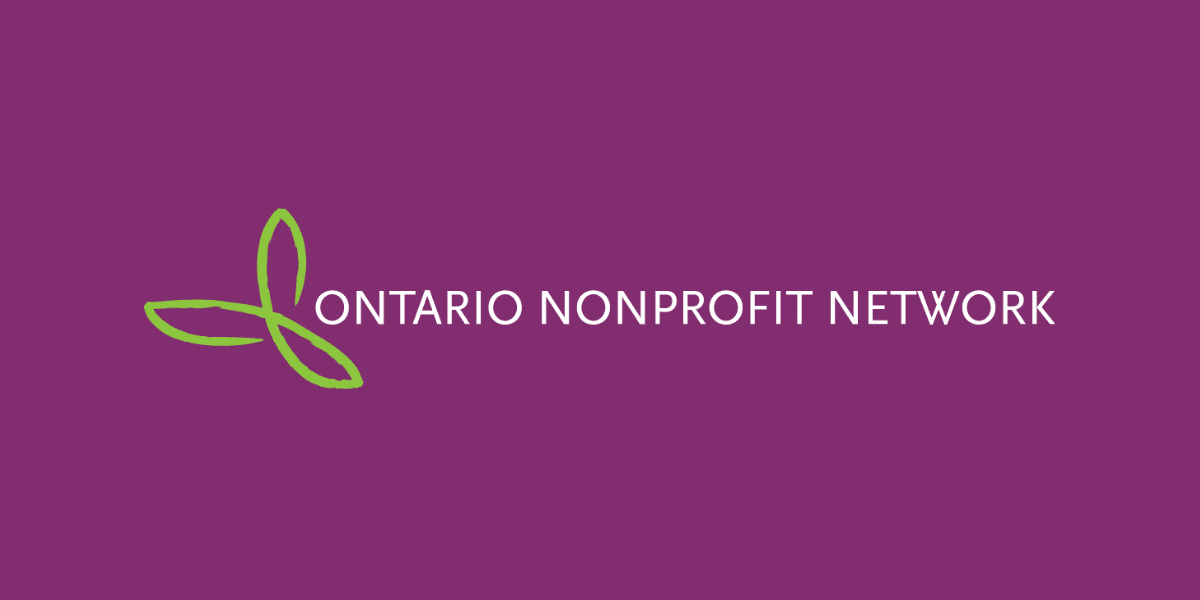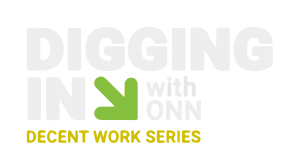We can build thriving communities through “shared platforms”
Written in partnership between the ONN, Laidlaw Foundation and Imagine Canada
“Investing in our communities is not just about creating good jobs and economic growth. It is also about building communities that we are proud to call home.”
– Canadian Government Priority
Across Canada, in every community, public benefit nonprofit organizations are hard at work reducing poverty, providing affordable housing, developing opportunities for young people, delivering quality childcare, and greening our communities. These charities, nonprofit organizations and coops have a long tradition of working together and with governments, community leaders and volunteers to make communities more resilient and more inclusive. But to be able to continue to build the communities that the government – and everyone – wants to see, there needs to be an easier way for organizations to work together.
That way is to use a “shared platforms” model of working together. And to make them truly effective the federal government needs to update charitable regulations.
In a shared platform a more established organization “adopts” a new project, leveraging its existing governance and administrative infrastructure and freeing up the project leaders to concentrate on developing the initiative. The shared platform model offers an alternative for groups undertaking charitable activities that is more accessible, and is more time- and cost-effective than incorporating and registering as a new charity.
This single innovation in governance does five great things. Shared platforms:
- Maximize community efforts and donor impact and lower risk for funders. Funders and donors are reassured that the new and experimental project they want to fund will have sound management practices and regulatory compliance if they are part of a shared platform. Moreover, the new project can concentrate on developing the program. Everyone wins.
- Maximize time and money by building on existing sector expertise. Many emerging leaders and innovative projects struggle because of the time, money, and expertise required to navigate funding and charitable regulation while trying to develop a new initiative.
- Support innovation and experimentation for public benefit. Beginning as a shared platform means new programs can be field tested and later if the program is successful people can decide to establish it as a charity. The capacity for innovation and experimentation is greatly enhanced through lower opportunity cost.
- Reduce the pressure on regulators and save them time. Registering charities and ensuring charities are compliant with regulation is very time consuming especially considering they are often very small (almost half of charities have annual budgets under $30,000). Shared platforms are a great alternative to charitable registration and many programs may not ever need their own charitable registration.
- Increase opportunities for equity and inclusion. Applying for grants and understanding all the complexities of charitable regulation is often incomprehensible to leaders from marginalized communities. Shared platforms have been very successful in allowing youth and local community innovators learn how to understand and work in the nonprofit sector.
To create the enabling policy and regulatory environment that supports the growth and development of shared platforms in local communities, the sector, their funders, provincial and local governments need three things from the federal government:
- A modernized legislative framework in which to operate. A framework that focuses on a charity’s purpose rather than activities would provide greater clarity for charities that provide a shared platform. Emerging and collaborative initiatives seeking to be part of a shared platform are often innovations of existing activities or extensions of them. The charity would be held accountable to ensure projects were consistent with its charitable purposes, while being permitted to innovate and extend its activities to further these purposes.
- Guidance on demonstrating direction and control that supports modern methods of undertaking work. A charity’s board and senior management should be permitted to delegate operational decisions regarding a project to a project team, while maintaining appropriate accountability and direction. Supporting collaboration, co-creating and less hierarchical approaches require new ways of keeping projects true to purpose.
- Formal recognition of shared platforms. Acknowledgement of shared platforms by Canada Revenue Agency including clear enabling guidelines would give organizations the clarity and confidence to provide shared platforms for initiatives that further their mission.
Shared platforms provide concrete benefits for the nonprofit sector, communities, funders, and governments. With the increasing complexity of social issues facing communities and the pace of change – including growing income equality, climate change, and marginalized groups – the nonprofit sector needs to be nimble, agile, and responsive. The federal government urgently needs to enable shared platforms so that the sector can get on with important work across the country.







